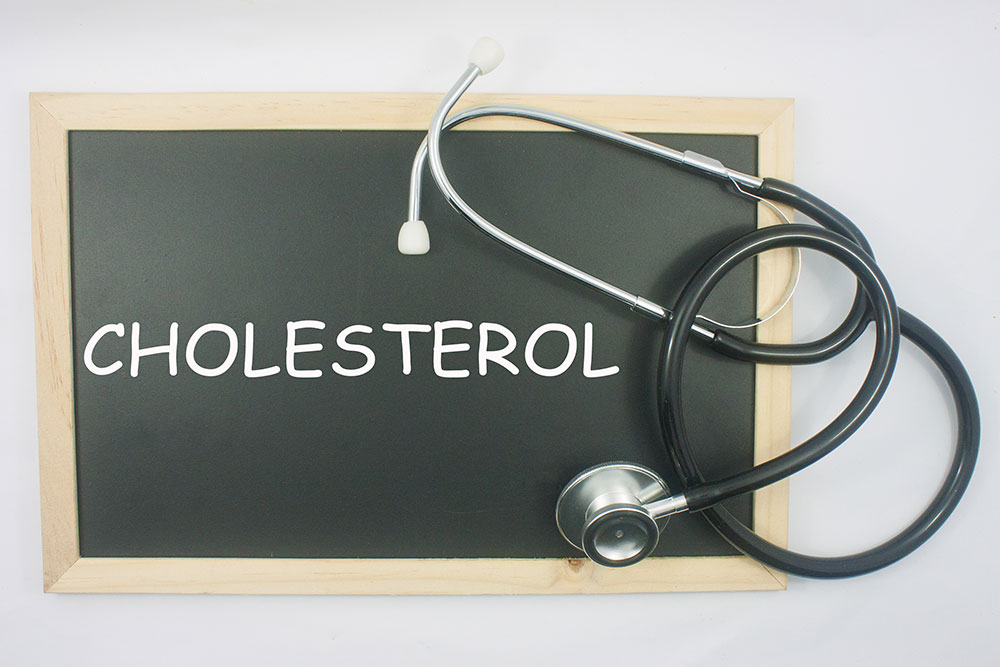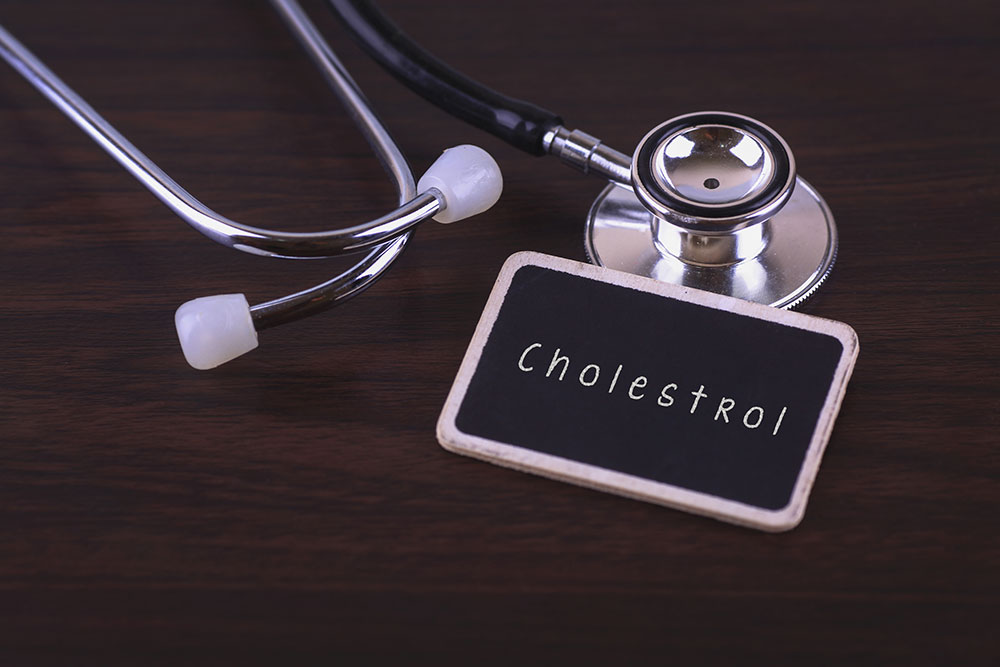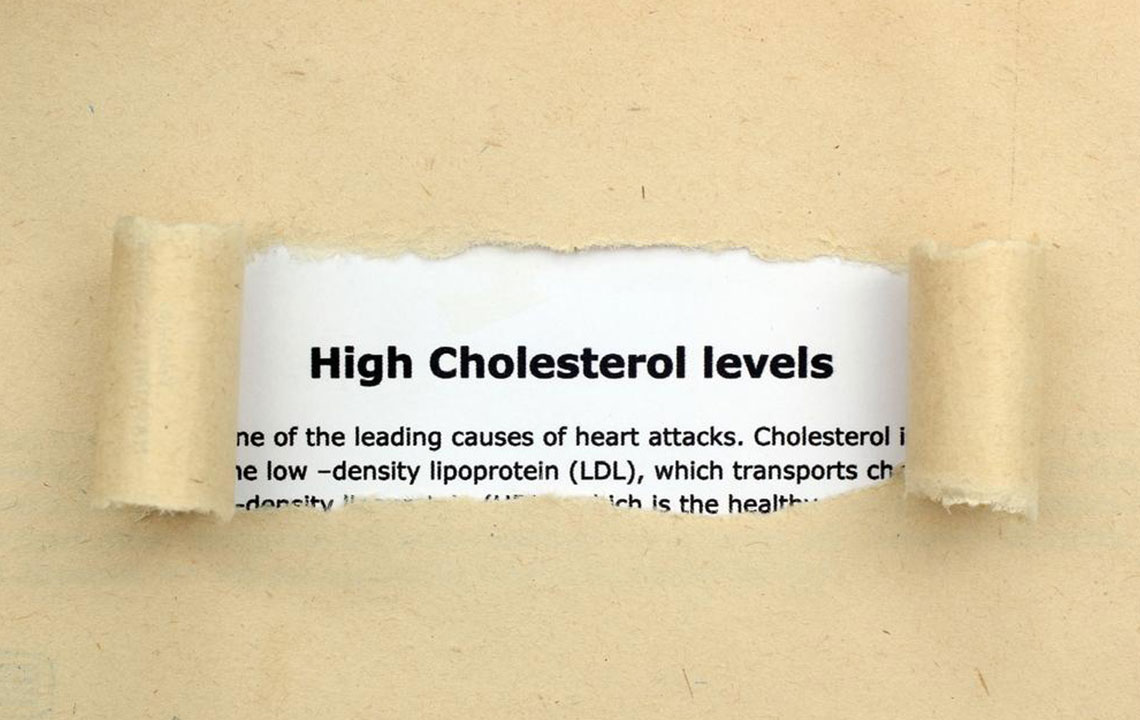Understanding the Impact of Cholesterol on Health
Discover how cholesterol impacts health, causes of high cholesterol, and effective management strategies through balanced diet and exercise. Understand the role of organs like the thyroid and liver in regulating cholesterol and learn how lifestyle choices influence your risk for cardiovascular diseases. This comprehensive guide aims to educate readers on maintaining healthy cholesterol levels for overall well-being.

Understanding the Impact of Cholesterol on Health
Cholesterol is vital for both plant and animal life, playing a crucial role in maintaining cell structure and function. However, excessive cholesterol can harm the body's systems, particularly affecting cell membranes' integrity and fluidity.
Essential for healthy cell development, cholesterol exists mainly as low-density lipoprotein (LDL) and high-density lipoprotein (HDL). While necessary, elevated levels of these can lead to health complications.
High cholesterol levels are primarily linked to cardiovascular issues, but other health problems can also cause cholesterol to rise. Below are some factors influencing cholesterol levels:
Thyroid Function: The thyroid gland impacts every cell, and hormone imbalances can elevate LDL cholesterol, leading to plaque buildup in arteries. This can result in heart disease or stroke if left unchecked.
Liver Health: Liver disorders may increase LDL cholesterol and reduce HDL, impairing cholesterol clearance. Fatty liver disease often correlates with high abdominal fat due to carbohydrate-heavy diets.
Weight Management: Unbalanced dieting can cause cholesterol spikes, especially LDL. Weight loss can release stored cholesterol into the bloodstream, risking artery clogging.
Dietary Choices: Low-carb, low-calorie diets may temporarily increase cholesterol levels as the body shifts to fat metabolism for energy, overall stressing the importance of a balanced diet combined with exercise for cholesterol management.
Maintaining a wholesome diet and regular physical activity are key to controlling cholesterol levels.









